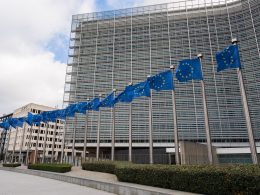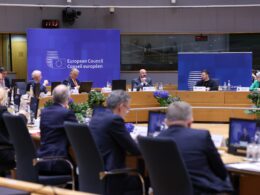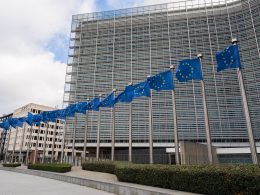The European Union’s largest economies are at odds over potential changes to corporate sustainability reporting rules, with Spain and Italy resisting efforts by Germany and France to delay key regulations.
The European Commission is set to unveil a proposal next week aimed at simplifying environmental regulations for businesses. The initiative seeks to enhance the competitiveness of European industries and respond to US President Donald Trump’s pledge to roll back regulations.
The proposal will address several key policies, including the Corporate Sustainability Reporting Directive (CSRD), the due diligence law, and the EU’s taxonomy system for classifying climate-friendly investments.
In a letter to the Commission, Spain urged Brussels not to weaken the due diligence law, which will require companies from 2027 to assess human rights and environmental risks within their supply chains. The letter, signed by Environment Minister Sara Aagesen and Economy Minister Carlos Cuerpo, argued that the law reinforces EU values and leadership and should remain intact.
Spain did, however, support a delay in implementing sustainability reporting rules for smaller firms but insisted they should eventually apply to all businesses.
Italy has also opposed a broad delay of the CSRD, with Finance Minister Giancarlo Giorgetti stating in a letter to the Commission that companies due to start reporting this year should proceed as planned. However, Rome has called for extended deadlines and simplified rules for smaller firms set to comply from 2026, as well as a postponement of the due diligence law.
“Companies have identified potential risks stemming from these new [due diligence] requirements, which could weigh on their competitiveness,” Italy’s letter, dated 6 February, stated.
The growing pressure from Spain and Italy contrasts with demands from Germany and France for significant revisions to the EU’s green regulations. Germany, in December, proposed a two-year delay to the CSRD, citing concerns over its impact on 13,000 German businesses. France last month called for an indefinite postponement of due diligence requirements and a two-year delay to the CSRD.
The divisions among the EU’s four largest economies highlight the challenges Brussels faces in balancing sustainability goals with economic competitiveness.



















